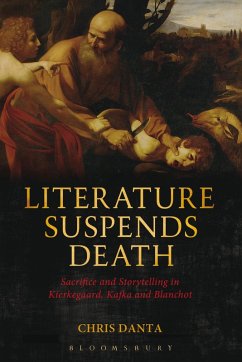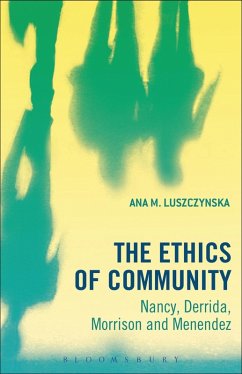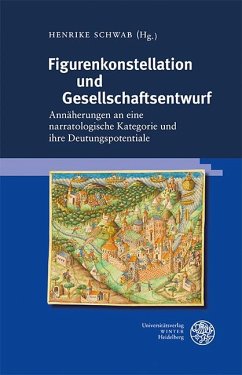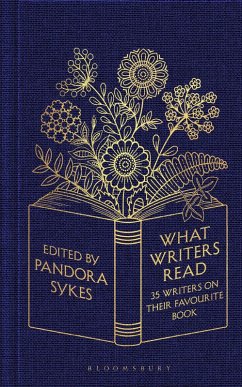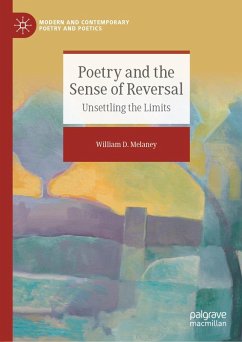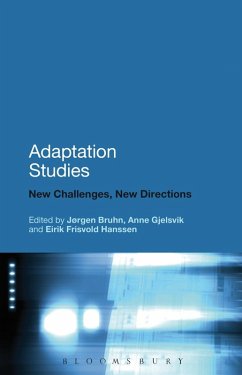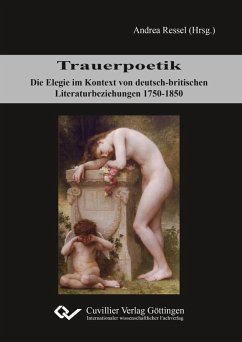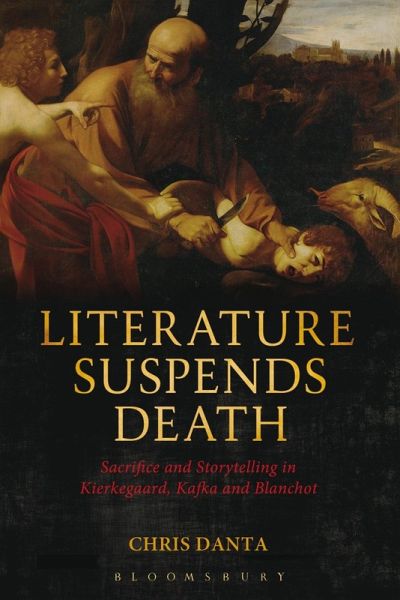
Literature Suspends Death (eBook, PDF)
Sacrifice and Storytelling in Kierkegaard, Kafka and Blanchot
Versandkostenfrei!
Sofort per Download lieferbar
32,95 €
inkl. MwSt.
Weitere Ausgaben:

PAYBACK Punkte
16 °P sammeln!
This is the first book-length study of how three important European thinkers-Kierkegaard, Kafka and Blanchot-use the Binding of Isaac to illuminate the sacrificial situation of the literary writer. Danta shows that literature plays a vital and heretical role in these three writers' highly idiosyncratic accounts of the Akedah. His claim is twofold: firstly, that all three authors choose to respond to the Genesis narrative by manifesting literature; and, secondly, that each heretically endows literature-or fiction-with the power to suspend the sacrifice.Abraham's near-sacrifice of Isaac is tradi...
This is the first book-length study of how three important European thinkers-Kierkegaard, Kafka and Blanchot-use the Binding of Isaac to illuminate the sacrificial situation of the literary writer. Danta shows that literature plays a vital and heretical role in these three writers' highly idiosyncratic accounts of the Akedah. His claim is twofold: firstly, that all three authors choose to respond to the Genesis narrative by manifesting literature; and, secondly, that each heretically endows literature-or fiction-with the power to suspend the sacrifice.
Abraham's near-sacrifice of Isaac is traditionally read as the story of faith in action. But what does it mean to play the game of not-quite-belief with the story of religious faith? By examining the literary and heretical treatments of Isaac's sacrifice in the work of Kierkegaard, Kafka and Blanchot, this book develops an original account of literature as a form of sacrificial thinking. For each, writing acts, like God's sacrificial demand of Abraham, to suspend the writer's usual relation to his daily and earthly responsibilities.
Abraham's near-sacrifice of Isaac is traditionally read as the story of faith in action. But what does it mean to play the game of not-quite-belief with the story of religious faith? By examining the literary and heretical treatments of Isaac's sacrifice in the work of Kierkegaard, Kafka and Blanchot, this book develops an original account of literature as a form of sacrificial thinking. For each, writing acts, like God's sacrificial demand of Abraham, to suspend the writer's usual relation to his daily and earthly responsibilities.




